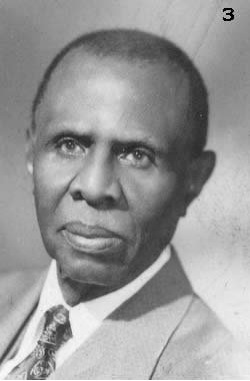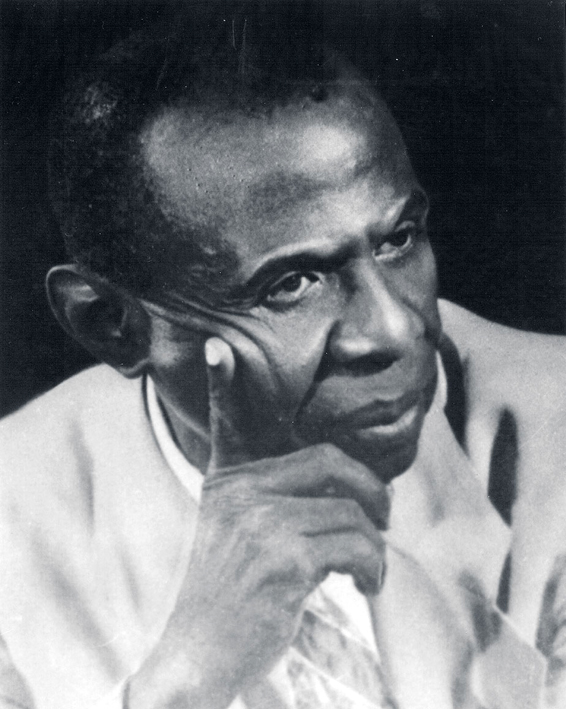<Back to Index>
- Writer Jean Price - Mars, 1876
PAGE SPONSOR


Jean Price - Mars (1876 – 1969) was a Haitian writer. Born in Grande Rivière du Nord, Price - Mars obtained a degree in medicine and worked as a diplomat.
His writings championed the Negritude movement in Haiti, which "discovered" and embraced the African roots of Haitian society. Price was the first prominent defender of voodoo as an actual religion complete with "deities, a priesthood, a theology and morality." He argued against the prevailing prejudice and ideology, which rejected all non - white, non - Western elements of the cultures of the Americas. His Haitian nationalism contrasts, in its embrace of Haitian cultural identity as African through slavery, with the neighboring Dominican Republic, which prided itself for being Spanish.
Price - Mars' attitude was born when he witnessed the active resistance to the 1915 to 1934 United States occupation of Haiti by the campesinos. He deplored the elite's abandonment of the tradition that focused on the country's liberation from French colonialism, but he took pride in the conduct of the poor. He attacked the elite for their "inability to promote the welfare of the Haitian masses".
He coined the term "collective Bovarism" to describe the elite in identifying themselves with elements of European ancestry while denouncing any ties to their African legacy. The term comes from Gustave Flaubert's novel "Madame Bovary" in which Emma Bovary is anxious to escape from social conditions which define her, but upon which she looks down. He noticed that the elite were composed almost exclusively by people of mixed blood, who embraced their "whiteness, while the rest of the majority shared much of the same features, but his disdain for the elites spread beyond the racial purity of "Bovarism".
It also spread to their economic and political influence implied by their status. He understood that their power base in the state system relied heavily on the taxation of crops, especially of coffee, the chief export, grown by the campesinos who had come to the country's defense when the elites had abandoned it to protect their own interests.
He also attacked the elites' role in education of the country. The elite justified their position and control as those whose responsibility it was to civilize the masses. However for Price - Mars, to educate is to civilize. Therefore, he gives considerable attention to educational programs. He examined the "intellectual tools" available in Haiti and challenged the elite for their responsibility by virtue of their position and cultural formation in the western mold to promote such progress among the masses.
He ultimately and paradoxically came to embrace slavery as the source of the Haitian identity and culture. The culture and religion formed among the slaves which they used to rebel against the Europeans became the building blocks for a Haitian nation.
Some of his most notable works are the book Ainsi parla l'oncle (1928), which was translated into English as "So Spoke the Uncle", La Vocation de l'elite (1919), La République d'Haïti et la République Dominicaine (1953), and De Saint - Domingue à Haïti (1957).